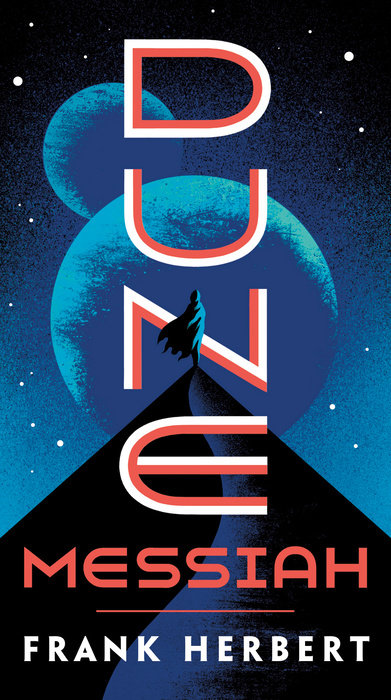TL;DR
Dune Messiah, the second book in Frank Herbert's epic Dune series, explores the burdens of power as Paul Atreides, now Emperor, grapples with the consequences of his reign and the jihad that has spread across the universe.
What is Dune Messiah about
Set twelve years after the events of Dune, Dune Messiah delves into the complexities of Paul Atreides' rule as Emperor of the Known Universe. Paul, revered as Muad'Dib, faces the paradox of wielding immense power while being increasingly isolated by the consequences of his own actions. His status as a religious figurehead has sparked a fervent jihad that has swept across the universe, leading to widespread devastation and moral dilemmas. The narrative unfolds as Paul navigates political intrigue, betrayal, and personal loss, all while confronting the reality of being a messianic figure who cannot escape the repercussions of his own legacy. The story is enriched by philosophical reflections on leadership and the nature of power, making it a profound follow-up to its predecessor.
Dune Messiah 5 Key Takeaways
The Burden of Leadership
Dune Messiah emphasizes the heavy toll of leadership on Paul Atreides, who grapples with the moral implications of his political power and the destruction wrought by his religious followers. As he confronts the consequences of his decisions, the book raises questions about the responsibilities of those in power.
Religious Fanaticism
The novel critiques the dangers of religious zealotry, as Paul's rise to power has incited a jihad that he struggles to control. This theme explores how faith can be manipulated for political gain and the often devastating impact of such fanaticism on society.
Political Intrigue
Dune Messiah presents a web of conspiracies and power struggles, showcasing the treachery that permeates political spheres. Paul faces threats not only from external factions but also from within his own court, highlighting the precarious nature of political power.
Personal Sacrifice
Paul's journey is marked by personal losses, particularly concerning his lover Chani and his family legacy. The book poignantly illustrates the sacrifices made by those in power, revealing the emotional toll that comes with leadership.
The Concept of Destiny
The narrative explores the concept of destiny and free will, raising questions about whether Paul is a mere pawn of fate or an architect of his own destiny. This theme delves into the philosophical implications of foresight and its influence on choice.
Top Dune Messiah Quotes
- Power is a dangerous game, for those who wield it are often the first to be consumed by it.
- The only thing that can stop a man with a vision is another man with a vision.
- A ruler’s greatest challenge is not his foes, but the weight of his own choices.
Who should read Dune Messiah?
Dune Messiah is ideal for readers interested in complex science fiction that explores philosophical and ethical themes. Fans of political intrigue and character-driven narratives will find Herbert's work both thought-provoking and engaging, as it challenges them to reflect on power dynamics and the human condition.
Dune Messiah Best Reviews
- Dune Messiah is a brilliantly conceived and executed continuation of the Dune saga, exploring the depths of power, faith, and the human condition. Herbert's intricate storytelling invites readers to ponder the nature of leadership and its ethical implications. - The New York Times
- This sequel to Dune is a thought-provoking masterpiece that challenges readers to confront uncomfortable truths about power and responsibility. Herbert's prose is as rich and evocative as ever. - Sci-Fi Magazine
People also liked these summaries
Dune Messiah FAQs
How does Dune Messiah relate to the first book in the series?
Dune Messiah is a direct sequel to Dune, continuing the story of Paul Atreides as he faces the consequences of his rise to power and the jihad that has devastated the universe.
What are the main themes explored in Dune Messiah?
The book delves into themes such as the burdens of leadership, the dangers of religious fanaticism, political intrigue, personal sacrifice, and the philosophical implications of destiny and free will.
